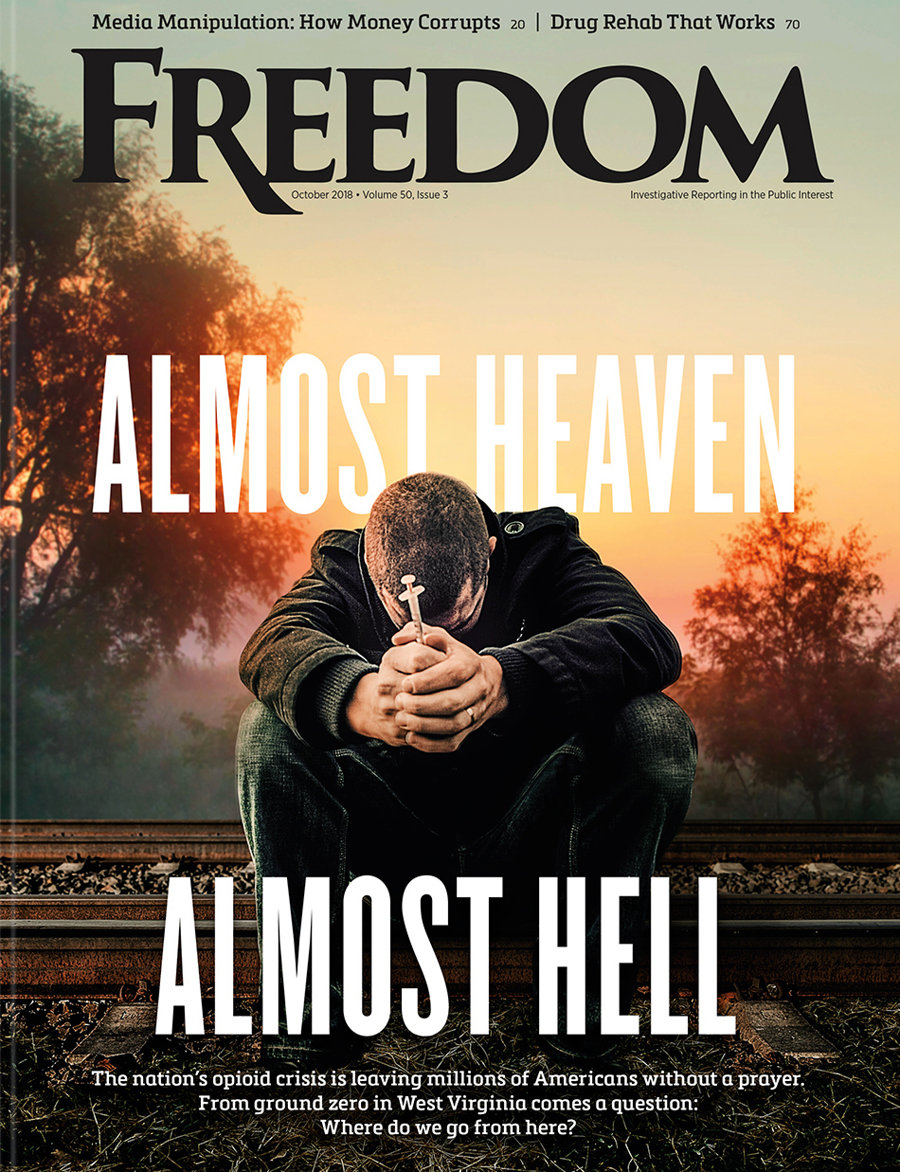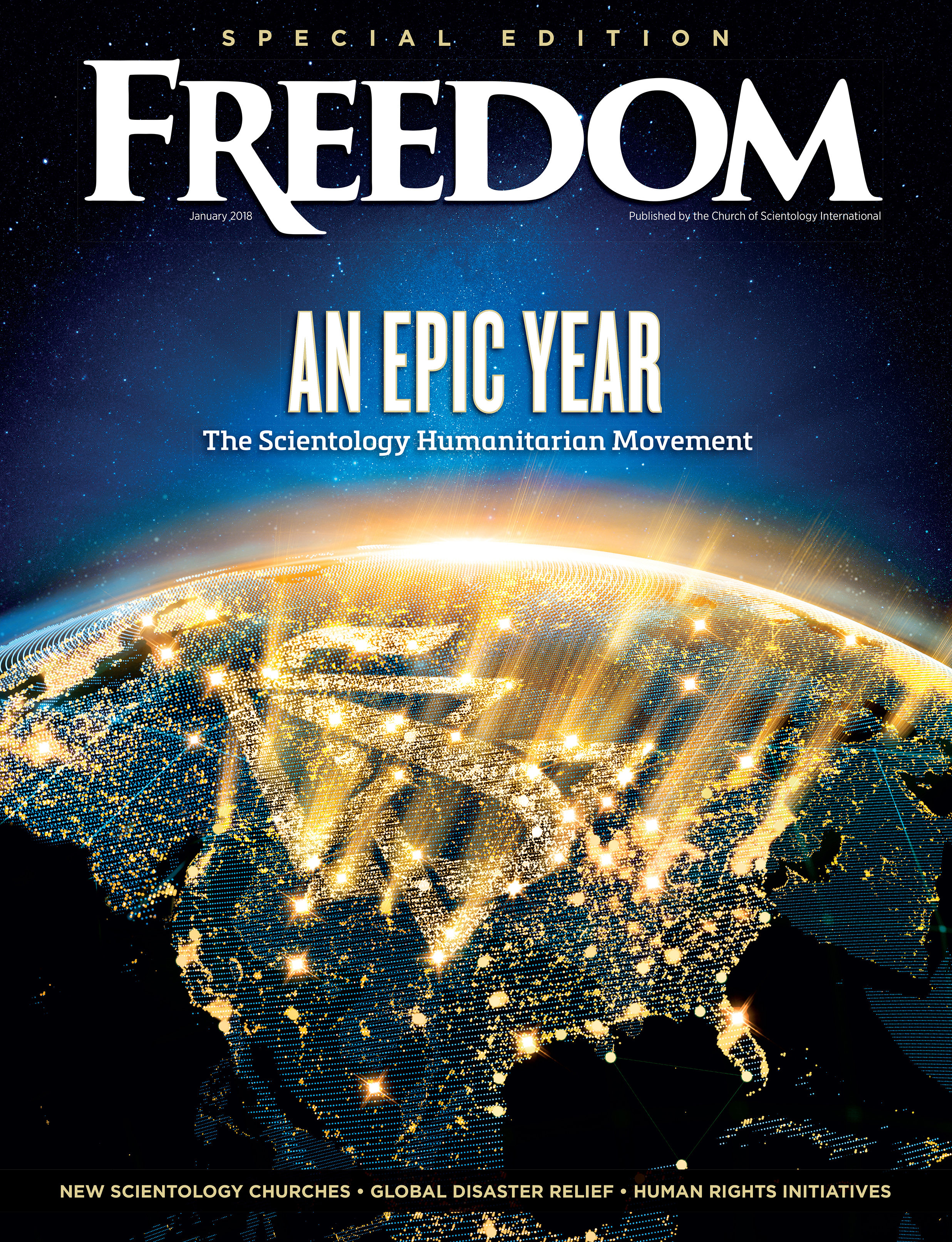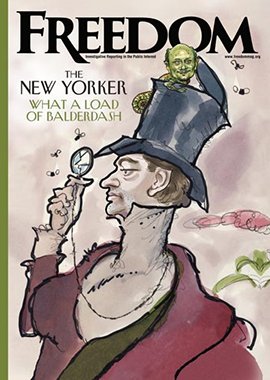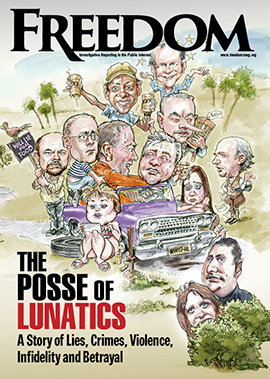Yes, those same folks who brought you brain-damage-by-electric-shock and suicide by antidepressants have concocted another sure-fire business plan: Create new customers by making them terrified of something they love to do.
And just in time for International Kissing Day, too! Coincidence?
Dr. Hunter observes how the psychiatric industry embraces this latest attempt to spook the millions.
The research involved 268 Iranian newlywed couples and supposedly demonstrated that a healthy spouse living with a partner who had insomnia and emotional distress experiences higher levels of depression, anxiety and stress hormones—the latter as measured by the amount of cortisol in the saliva after six months.
In other words, spit.
It boils down to spit.
Specifically, the swapping of spit. Depression and anxiety can be transmitted through the swapping of spit during kissing, they would have you believe.
Or, to sum up the “study,” kissing can make you depressed.
A lot of things can make you depressed, even lose sleep—but kissing someone you love wouldn’t even make the Top 40 on that list.
Show of hands: Who here finds it easy to be joyous and carefree when the love of your life is in a deep and wakeful funk of sorrow?
Well, then, there it is.
Clinical psychologist Noel Hunter published a scathing critique of the study this June in Mad in America. Swapping mouth bacteria does not cause depression, she says. But living with someone who is depressed—undergoing the emotional drain of caring for such a person, listening to them and loving them—certainly can. Or, as Dr. Hunter expresses it, “These are SPOUSES for cryin’ out loud—don’t you think that when the person you love is suffering, you might also start to suffer?”
Dr. Hunter doesn’t stop there. “Psychiatry has lost its mind,” she says, calling its modus operandi “clickbait fearmongering” that “has finally stooped so low that words fail to capture the preposterousness and gall of its suggestions.”
Dr. Hunter then proceeds to do exactly that, beginning with the study’s overall illogic—researchers supposedly researching depression but choosing a sampling of patients with insomnia, not depression (the patients were literally recruited from an Iranian sleep clinic)—and then on its dunderheaded misunderstanding of basic science. The contents of one’s mouth—saliva—is not a reliable indicator of mental health, she says, but can change due to diet, stress, drugs, poverty, urban living, environmental toxins and myriad other factors.
Dr. Hunter is aghast that anyone is taking the “study” seriously.
So are we. Yet it has been dutifully splattered across the internet by media platforms that should know better.
Dr. Hunter observes how the psychiatric industry embraces this latest attempt to spook the millions and warns, “This in itself should lead everyone to question every psychiatric proclamation immediately, as they all are based on not so dissimilar processes of statistics and logic. It does make one wonder what psychiatry seems to have against a good make-out fest.”
In the spirit of scientific exploration, we, too, have something to submit as potential research fodder for any enterprising member of the American Psychiatric Association:
Put a group of normal people through a 12-year course in psychiatry and measure how far it lowers their IQ, compared to a similar group who use those same 12 years to work an honest job.






















